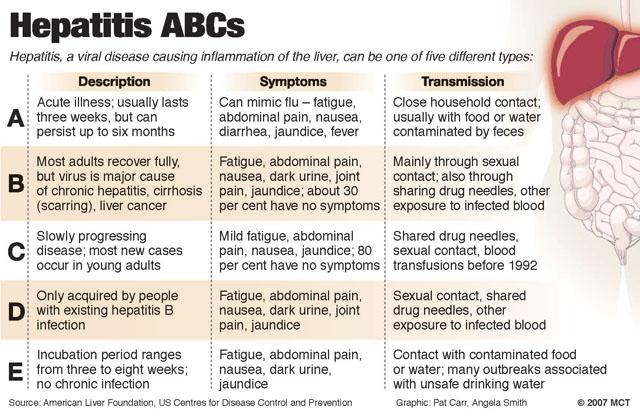You are here
‘Agriculture Ministry investigating safety of Egyptian produce after hep A outbreak in US’
By Hana Namrouqa - Sep 17,2016 - Last updated at Sep 17,2016

AMMAN — The Agriculture Ministry is investigating reports linking Egyptian strawberries to a hepatitis A outbreak in the US, an official said on Saturday.
Russia’s food safety watchdog on Friday banned fruit and vegetable imports from Egypt after hepatitis A cases in eight US states were linked to smoothies containing strawberries imported from Egypt, served at a café chain, The Associated press reported.
Agriculture Ministry Spokesperson Nimer Haddadin said the ministry's experts and technicians were verifying the accuracy of reports linking the disease outbreak to Egyptian fruit.
"We take safety reports of agricultural produce very seriously; therefore, our experts are currently investigating whether the reports are true or not," Haddadin told The Jordan Times.
He underscored that the ministry rejects shipments of fruit and vegetables that fail to meet its standards, and also bans imports from countries where diseases are prevalent.
"In addition, the ministry regularly collects samples from imported fruit and vegetables to check their safety," Haddadin added.
The official said Jordan imports strawberries, potatoes, rice and onions among other produce from Egypt.
By Thursday, the US Centre for Disease Control had reported 119 cases of hepatitis A linked to strawberry smoothies consumed at Tropical Smoothie cafés, according to the US Food and Drug Association (USFDA).
The association indicated that the frozen strawberries served in the cafés were imported from Egypt.
Hepatitis A is a contagious liver disease that results from infection with the Hepatitis A virus. It can range in severity from a mild illness lasting a few weeks to a severe illness lasting several months.
Hepatitis A is usually spread when a person ingests faecal matter — even in microscopic amounts — from contact with objects, food, or drinks contaminated by the faeces of an infected person, according to the USFDA website.
The symptoms start to show within 15 to 50 days of exposure and in adults include fatigue, abdominal pain, jaundice, abnormal liver tests, dark urine and pale stool, the USFDA indicated.
Related Articles
AMMAN — Egypt’s Ambassador to Jordan Tarik Adel on Wednesday said Egyptian exports are safe, high quality and subject to lab testing, the Jo
AMMAN — Despite global concern about the safety of Egyptian fruit, Jordanian consumers continue to purchase Egyptian mangoes, which have wit
AMMAN — The Jordan Food and Drug Administration (JFDA) said Saturday that there is no cause for alarm over the safety of Egyptian produce en











